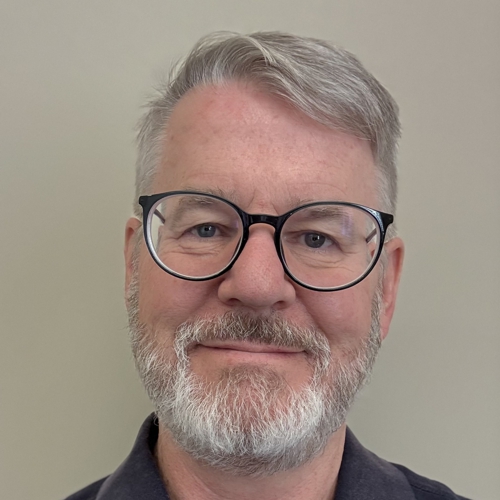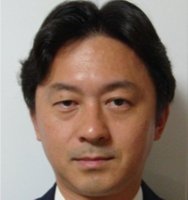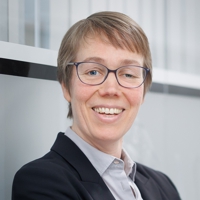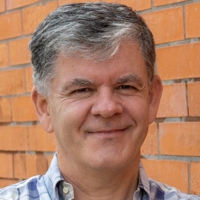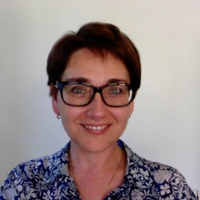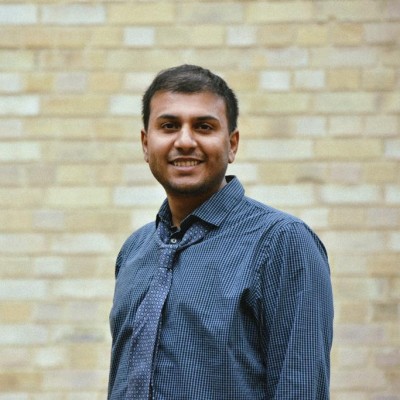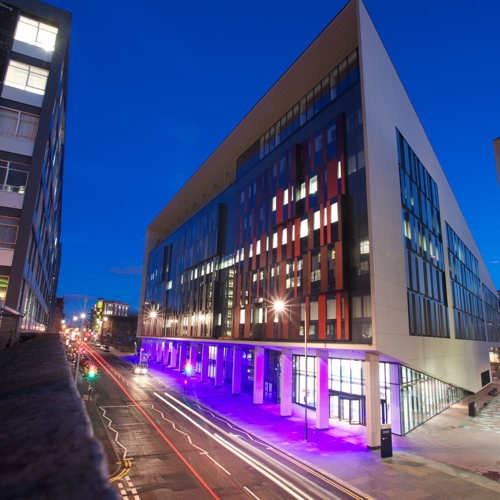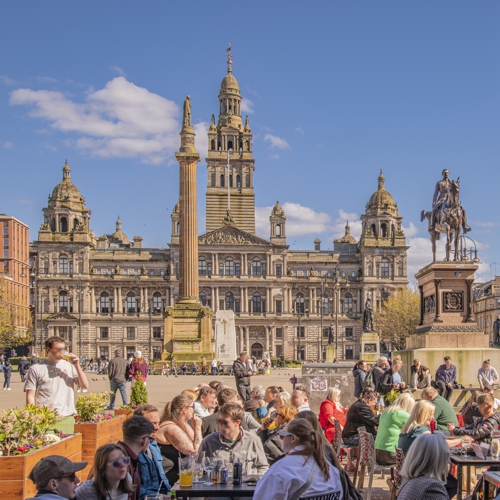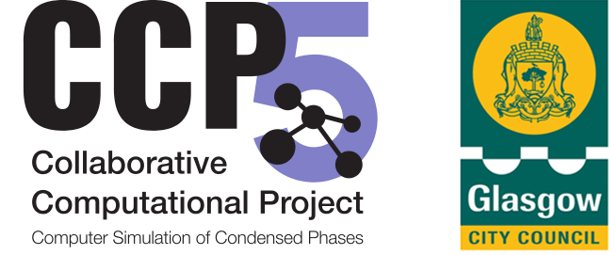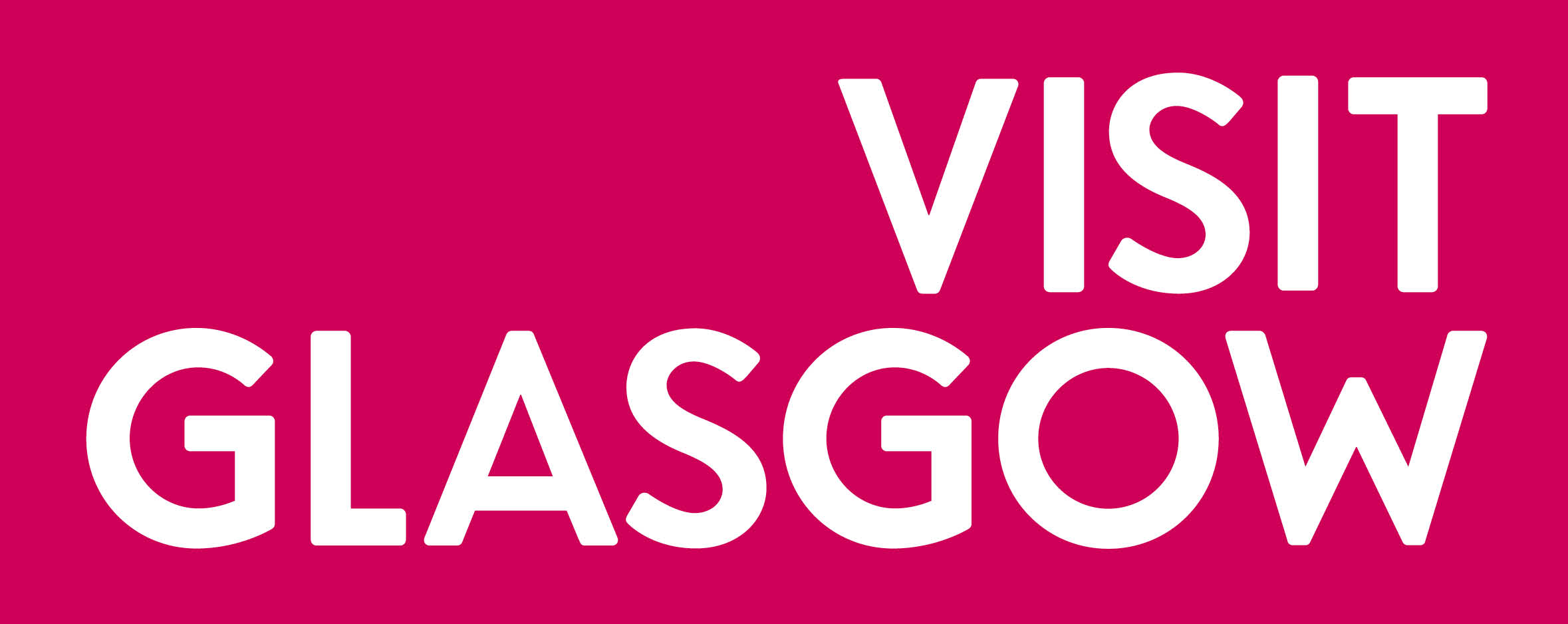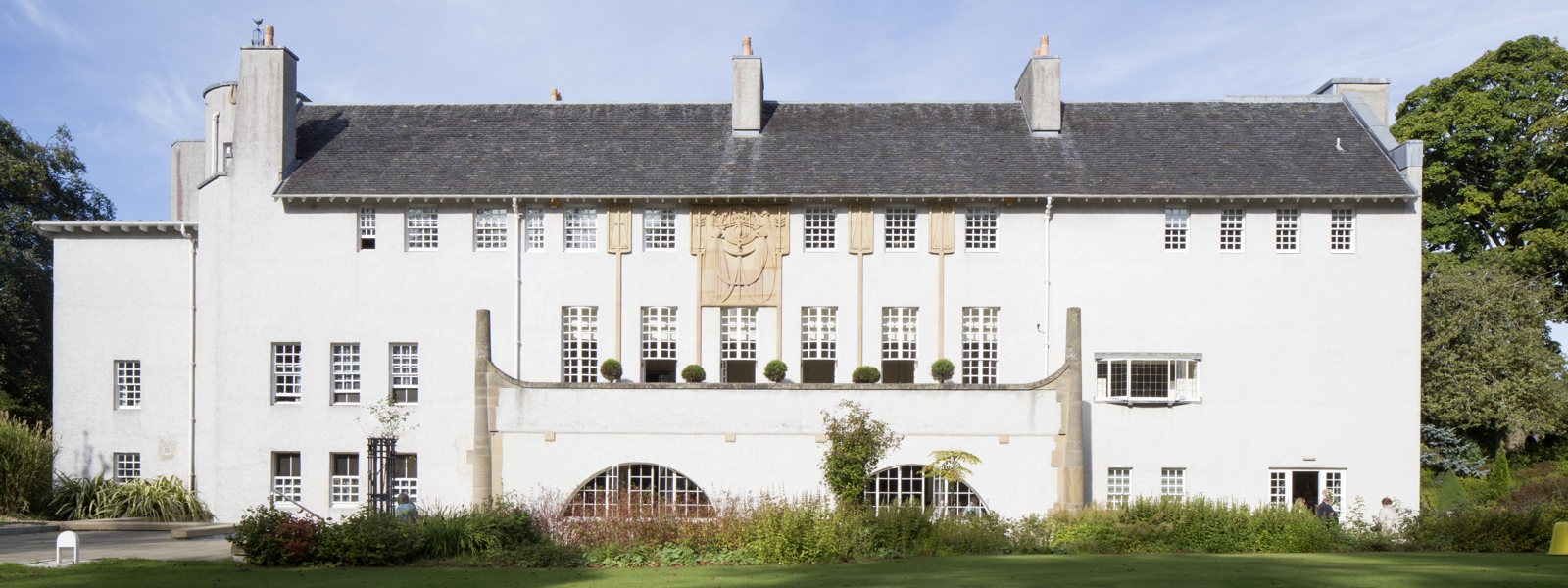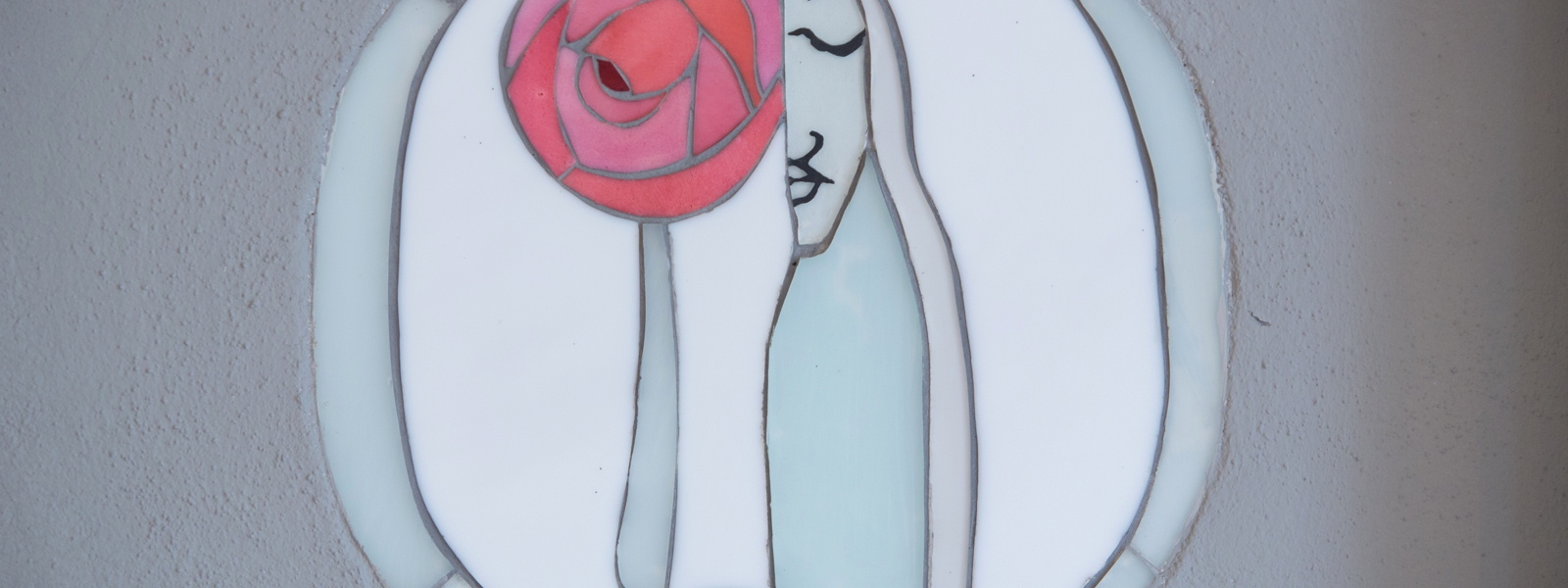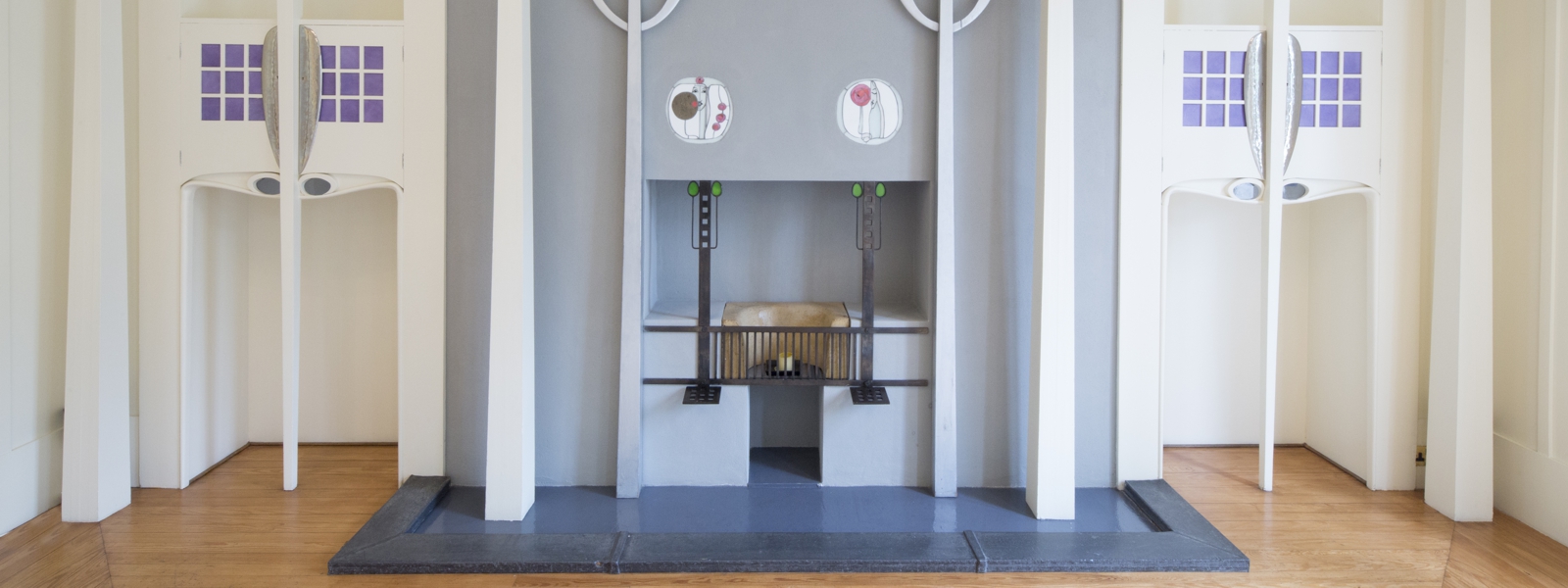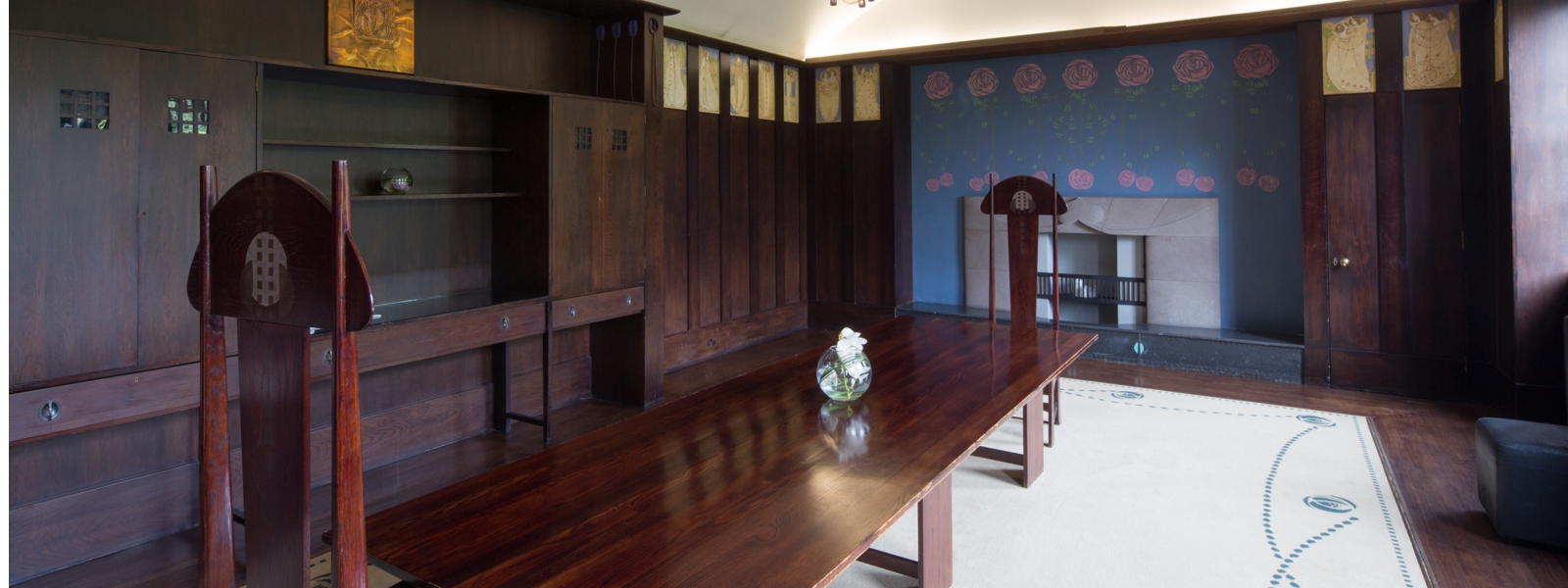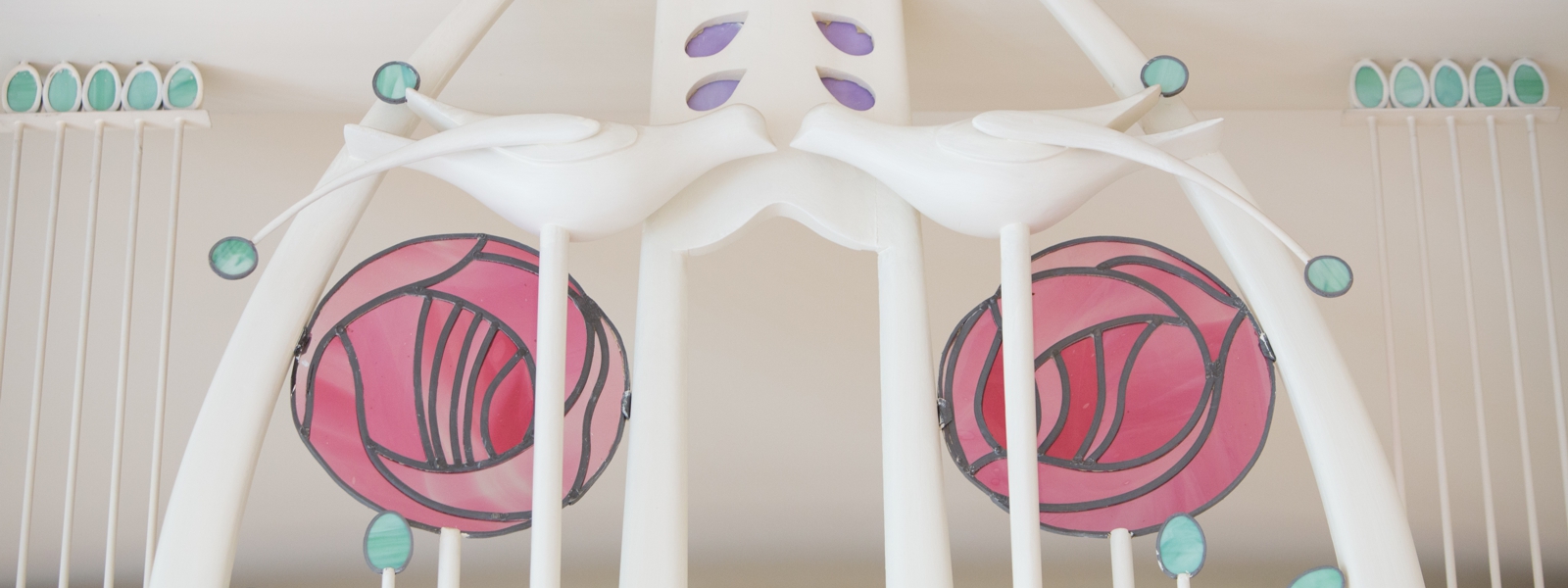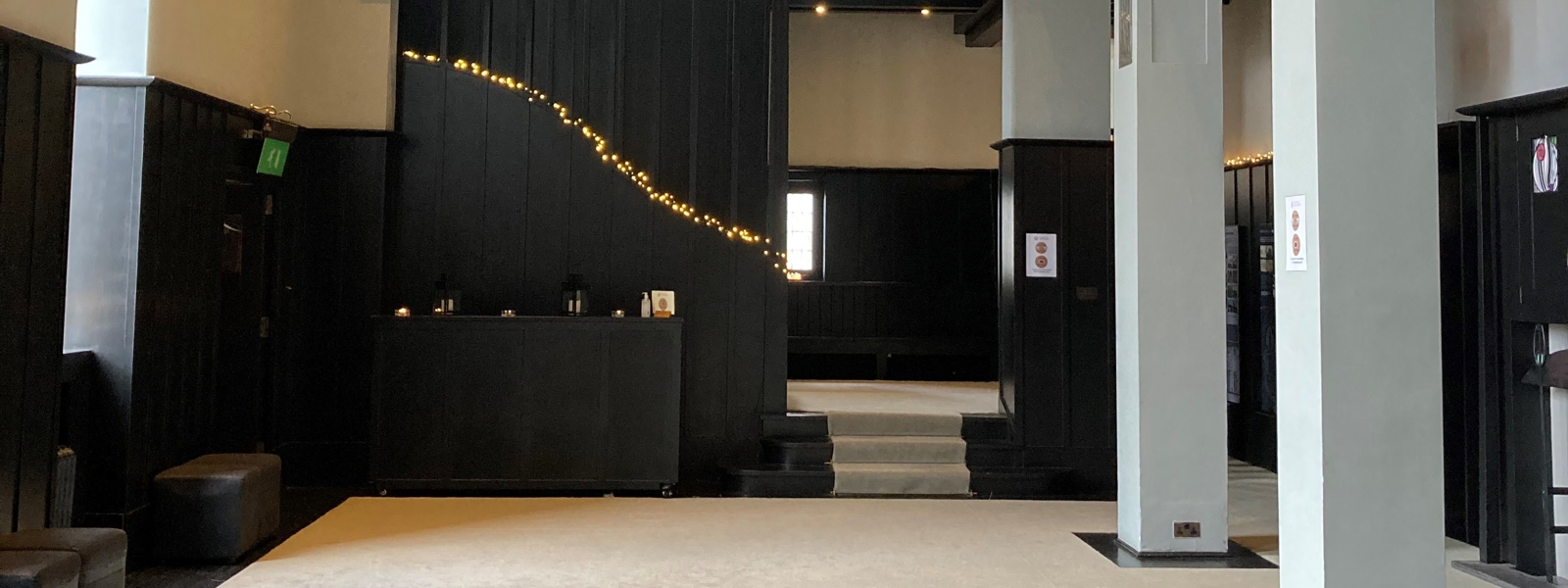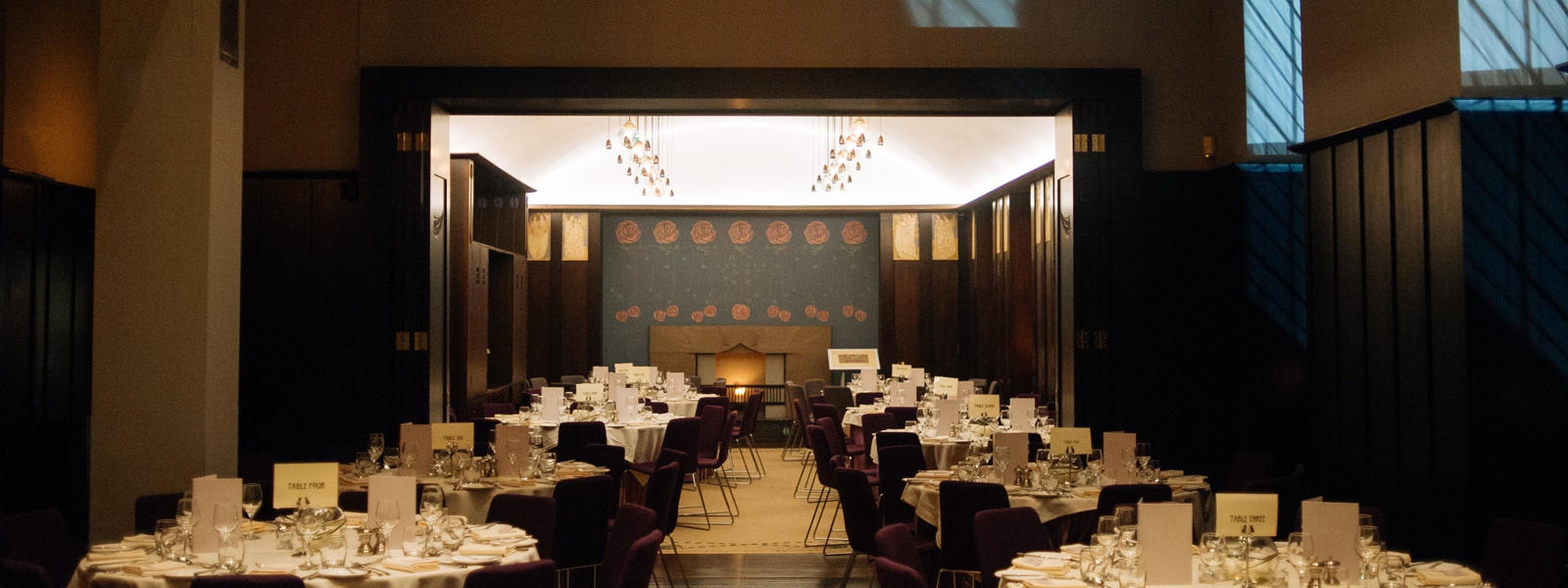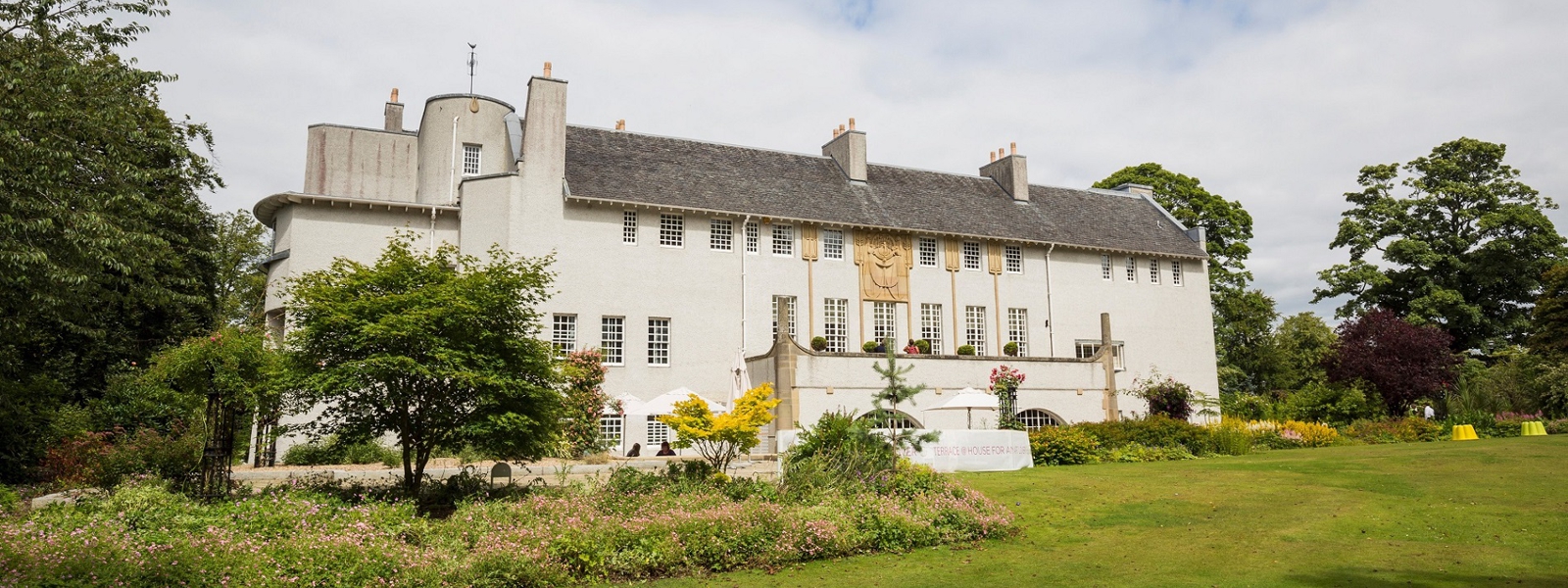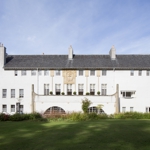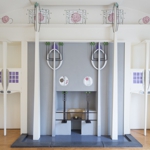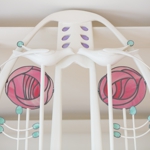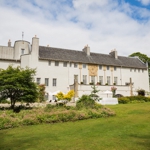Mixing, De-mixing and Self-Assembly from Solution
The European Molecular Liquids Group (EMLG) and the Japanese Molecular Liquids Group (JMLG) are networks of researchers interested in the study of the structure, dynamics and interactions of molecules in liquid systems by experimental, theoretical and simulation techniques. The European group was founded in 1981 and was joined by the Japanese group in 1996. International conferences were organized since 1982 in different countries, with topics covering molecular aspects of fluids in Physics, Chemistry and Biology. The main aim of these interdisciplinary conferences was to bring together scientists working on the field, to favour international cooperation and information exchange between researchers and students. Some of those meetings were supported by NATO as NATO Advanced Study Institutes and by the European Science Foundation (ESF) as part of the prestigious ESF conference series.
The next edition of the EMLG/JMLG conference will take place at the Technology and Innovation Centre of the University of Strathclyde, Glasgow, between 31st of August and 4th of September 2026.
The EMLG-JMLG 2026 annual meeting will focus on the most recent experimental, theoretical and computational findings concerning Mixing, De-mixing and Self-assembly from Solution. Additionally, the conference will address all molecular aspects of fluids in Physics, Chemistry, Engineering and Biology, including: pure liquids and mixtures, water and aqueous solutions, ionic liquids, deep eutectic solvents, biomolecules, biological membranes, liquid interfaces, supercritical fluids, glassy systems, soft matter and colloids, biobased solvents, and more.


